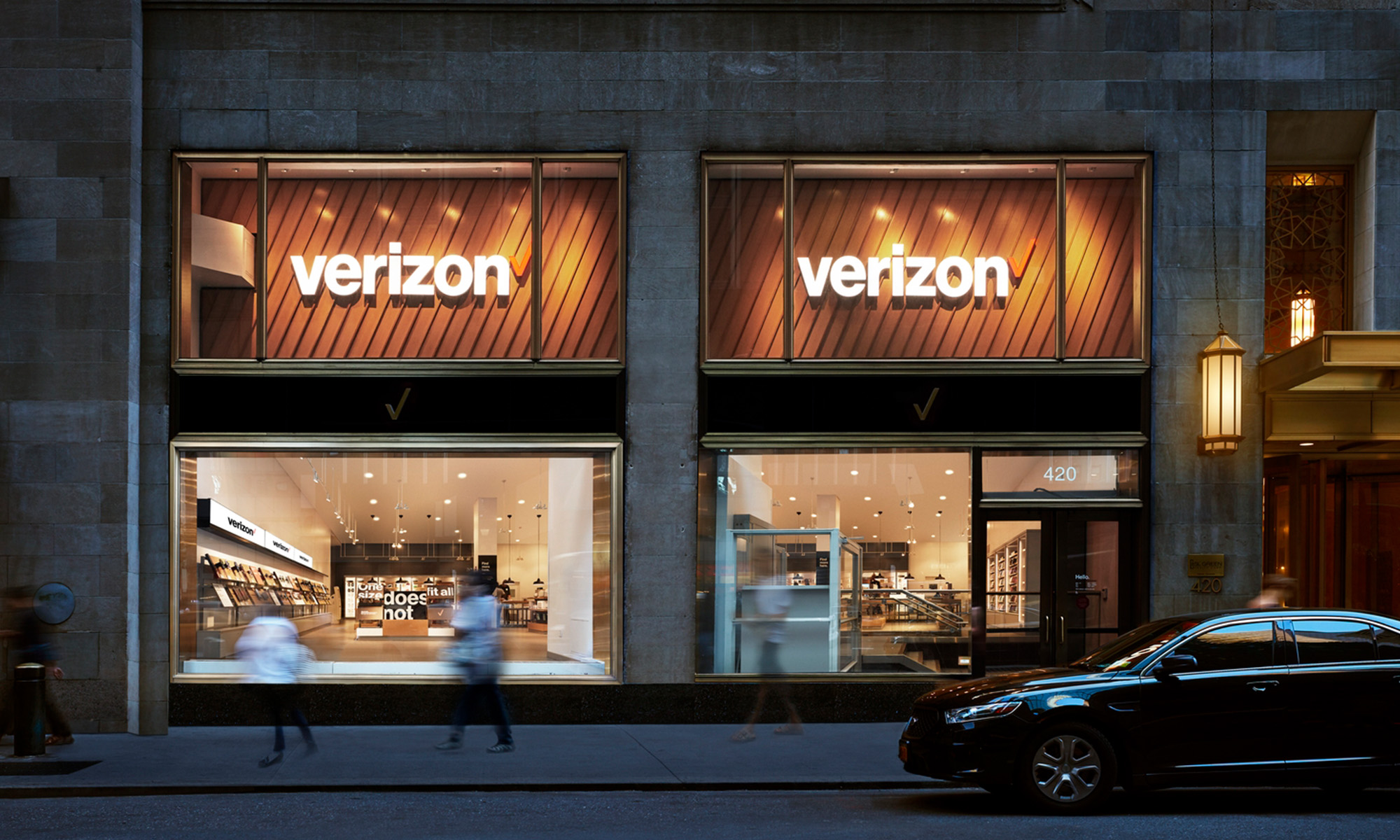Verizon Communications (NYSE:VZ) showed in its latest quarter that you don't have to have an Apple (NASDAQ:AAPL) device on your shelves to drive great financial results. While exclusive iPhone seller AT&T (NYSE:T) snagged 2 million net wireless subscribers, Verizon's wireless venture with partner Vodafone (NYSE:VOD) still mustered 1.6 million net wireless additions of its own in the third quarter. But the company could have used one of those Texas-sized George W. Bush tax cuts to help the bottom line.
On a consolidated basis -- and ignoring income from discontinued operations -- Verizon posted a 17% drop in quarterly earnings, to $0.44 per share, on a 6% rise in revenue, to $23.8 billion. The bottom line was dinged by a few significant one-time charges, the largest being a $471 million charge for international taxes related to an investment in Vodafone Omnitel.
But investors weren't fazed by the one-time items, and they relished Verizon's success in wireless and broadband services by bidding the stock up slightly to a new 52-week high. The strong operating results included the addition of 285,000 broadband Internet subscriptions, 229,000 of which came under Verizon's new fiber-optic service called FiOS (the rest were DSL subscriptions). While it wasn't the only area of Verizon's business with solid numbers, the continued success in FiOS services and strong wireless performance stand out and put it clearly ahead of competitors such as Sprint Nextel (NYSE:S) and Alltel (NYSE:AT).
Another interesting aspect of Verizon Wireless' numbers is that wireless data revenues are now contributing significantly to the average revenue per user, or ARPU, which climbed to $52.17 in the quarter for the retail customer base. Data is now more than one-fifth of service revenue, a significant factor in offsetting the decay in revenue for voice services. Broadband wireless modems for laptops and messaging services make up a major portion of the data services users are paying for each month.
So while Verizon has noted before that it would like to carry the iPhone, it wants to offer the device on more favorable terms. And whether its own alternative devices really steal any thunder from Apple may not matter: Business is humming along just fine.
More Foolish talk:








